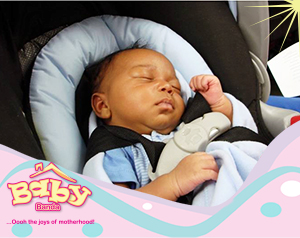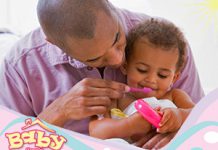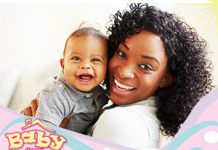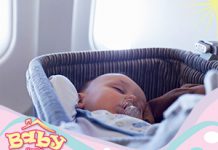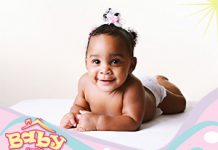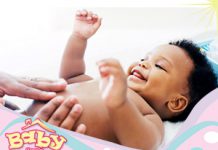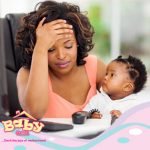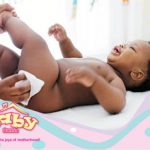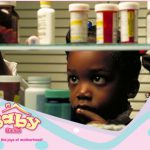Travelling with your baby can be quite a daunting task but with good planning and preparation, you can have a fun-filled holiday with the baby as you expose him/her to different environments.
When travelling with your baby, it is important to take safety measures especially as you move to unfamiliar environments with your little ones.
- Use an appropriate car seat for your baby. The car seat should be age-appropriate rear-facing for infants before they are able to sit (below 7 months) and front-facing for older children. Use booster seats for children between 5 -8 years.
- The safest place for your child’s car seat is the back seat, away from the active airbag. A car seat is designed to protect your child during travel. It’s not for use as a replacement crib in your home. A 2009 study showed that sitting upright in a car seat might compress a newborn’s chest and lead to lower levels of oxygen. Although it’s essential to buckle your child into a car seat during travel, don’t let your child sleep or relax in the car seat for long periods of time out of the car.
- Adjust the harness straps so that they’re threaded at or above your child’s shoulders. Make sure the harness fits snugly. Harness straps might not provide enough protection over a baby’s bulky outerwear. If it’s cold, dress your baby in a lightweight jacket and hat. Buckle the harness snugly and then tuck a blanket around your baby for warmth. Save the bulky outerwear for outdoors. Use our Baby Banda Travel pillow to support your baby’s neck as they nap during the journey.
- Always protect your baby against mosquito-borne diseases such as malaria and dengue fever. Cover the baby up with long sleeves and a hat wherever mosquitoes are around. When it comes to repellents, “one that contains DEET is recommended and a 10 per cent concentration is suitable for babies and small children and washed off before bed. Use nets over prams and beds at night in malaria areas, too. Insecticides sprays can also be used before using a room.
- If you are flying, remember that babies can’t equalize their ears, so it’s a good idea to offer a feed (breast or bottle) on take-off and landing, as sucking and swallowing will help stop little ears from hurting. If your baby isn’t interested and wants to cry instead, allow it. Crying alone can help as the baby’s mouth will open wide to yell and will still help ease the ear pressure.
- If your baby is still being breastfed, you shouldn’t worry about dehydration, as breast milk naturally becomes a little more watery in hot climates. If your child is bottle-fed or on solids, it’s important to keep up fluid levels with boiled or bottled water.
- Always carry your thermometer and fever reliever medication just in case your baby will require these.
- Plan to stop driving and give yourself and your child a break about every two hours.



